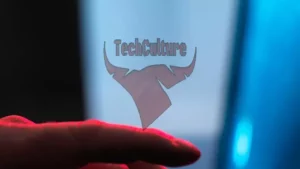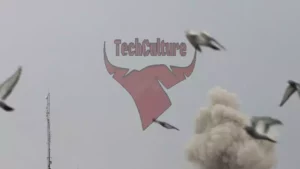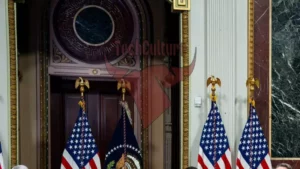In the world of UFOlogy, the search for extraterrestrial life is a topic that continues to captivate and intrigue. However, when a self-proclaimed UFOlogist recently claimed to have discovered “alien mummies” in Peru, the internet responded with skepticism and amusement. The unboxing of these alleged extraterrestrial remains quickly became a viral sensation, but not for the reasons the UFOlogist may have hoped.
Upon closer inspection, it became apparent to many that these “alien mummies” were nothing more than elaborate hoaxes. The poorly constructed and obviously fake appearance of the mummies left little doubt in the minds of internet users that they were witnessing a carefully orchestrated prank. As a result, the images and videos of the unboxing quickly spread across social media platforms, sparking a flood of memes and jokes at the expense of the UFOlogist.
While the search for evidence of extraterrestrial life is a serious pursuit for some, the absurdity of these “alien mummies” highlights the need for critical thinking and skepticism in the face of extraordinary claims. The internet’s collective response serves as a reminder that in an age of advanced digital manipulation, it is essential to approach such discoveries with a discerning eye. As the meme culture continues to thrive, it is no surprise that these fake “alien mummies” have become a source of entertainment for many, ultimately overshadowing any serious discussion of the possibility of extraterrestrial life.
The unboxing of the alleged “alien mummies” in Peru, which quickly turned into a viral sensation, has proven to be more of a comedic spectacle than a groundbreaking discovery. The internet’s response, filled with skepticism and amusement, serves as a reminder to approach extraordinary claims with caution. While the search for extraterrestrial life remains an intriguing field of study, it is crucial to separate fact from fiction and not let hoaxes overshadow genuine scientific inquiry.






